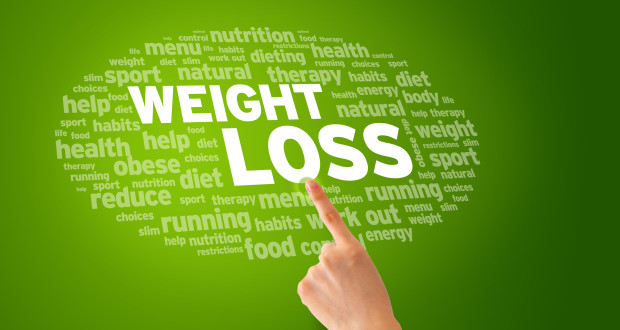By: Red Hot Mamas
Published: June 24, 2014
As we age, and during menopause, many women notice body changes, specifically weight gain.
The average amount of weight gain during the menopause transition is 5 lbs. Estrogen therapy, may promote water retention, but it does not cause weight gain.
During the menopausal years, women tend to lose muscle mass (unless they do regular strength training exercises) and body fat increases.
Since muscle encourages your metabolic rate, less muscle means a lower metabolic rate and fewer calories burned.
The best way to avoid unnecessary weight gain is to cut back on caloric intake and increase exercise. (Avoid salt to decrease fluid retention.)
Get Moving
Exercise is extremely important throughout a woman’s lifetime, particularly at midlife and beyond. Regular exercise benefits the heart and bones, helps regulate weight, and contributes to a sense of overall well-being and improvement in mood.
Women who are not physically active are far more prone to coronary heart disease, obesity, high blood pressure, diabetes, osteoporosis and depression.
Sedentary women may also suffer more from chronic back pain, stiffness, insomnia, and constipation. Inactivity can also cause poor circulation, weak muscles, shortness of breath, and loss of bone mass.
Women who regularly walk, jog, swim, bike, dance, or perform some other aerobic activity can more easily circumvent many health problems and also achieve strong high density lipoprotein (HDL) cholesterol levels. Studies show that women performing aerobic activity or muscle-strength training have reduced mortality from CVD and cancer.
It is a well-known fact that weight-bearing exercise will help increase bone mass.
Exercise stimulates the cells responsible for generating new bone to work overtime. Studies have shown that bone tissue lost from lack of use can be rebuilt with weight-bearing activity. In postmenopausal women, moderate exercise preserves bone mass in the spine, helping reduce the risk of fractures.
Red Hot Mamas has mentioned in previous posts we want you to obtain the benefits of exercise!
A balanced program of weight-bearing aerobic activity (walking is great), strength training (with weights, resistance bands, yoga or even gardening), and flexibility is essential. Consistency is key, so strive for 20 to 60 minute workouts 3-5 days a week, every week. In addition, consult your healthcare provider before starting an exercise program. He or she will help you decide which types of exercises are best for you.
 Red Hot Mamas In Charge of Change.
Red Hot Mamas In Charge of Change.




